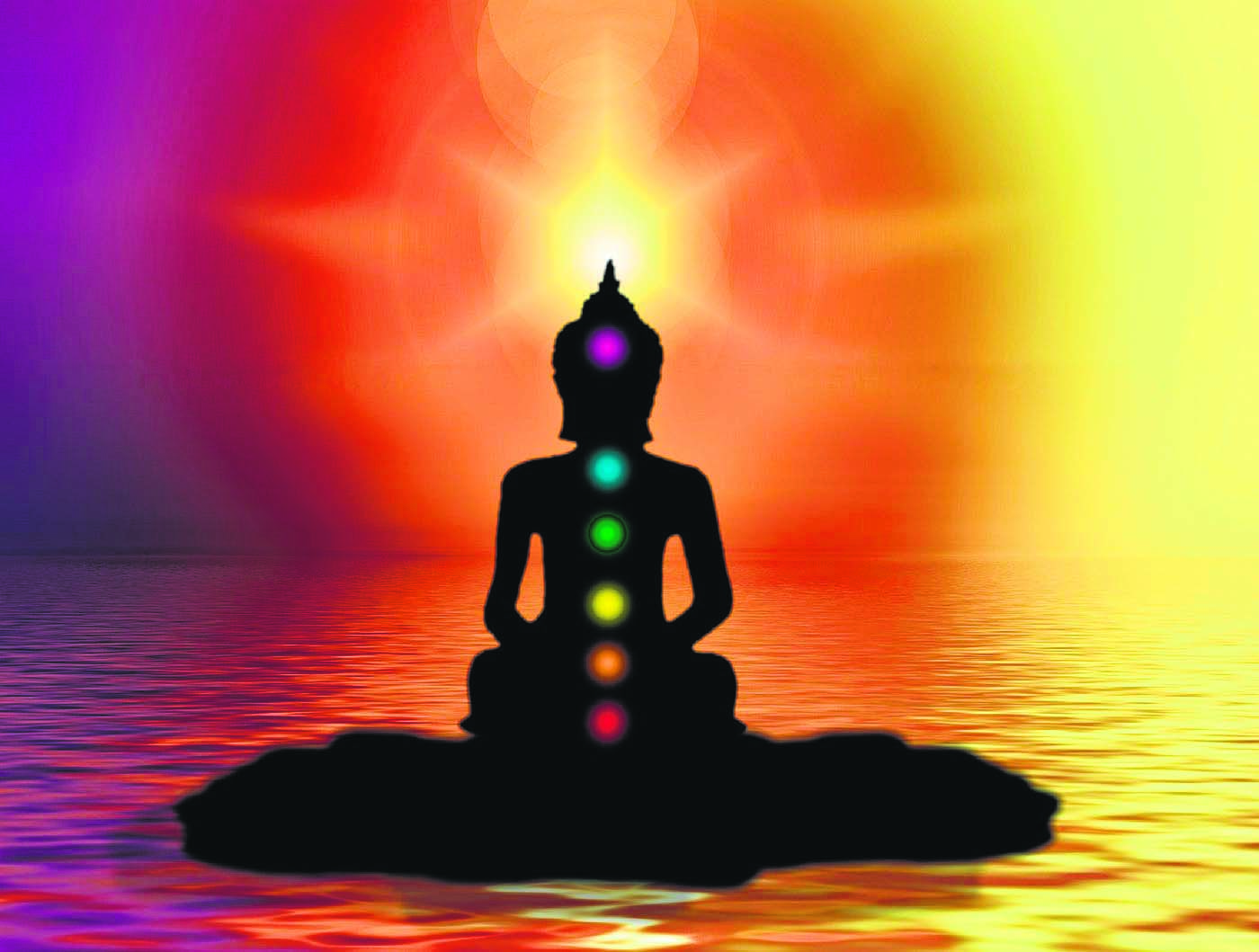
Enlightenment, is often associated with sitting in solitude, eyes closed, and delving deep within one’s consciousness. The iconic image of the Buddha, sitting serenely under the Bodhi tree, symbolizes this pursuit of inner wisdom.
Far from mystical
The journey towards enlightenment is far from a mere act of sitting with closed eyes; it is a profound exploration of self-knowledge and the cultivation of the right attitude.
The Illusion of Closed Eyes
While the image of a man with eyes closed has its roots in historical narratives, it does not have to be the only way you can reach enlightenment. The act of sitting with closed eyes is a metaphorical expression but true enlightenment can also be attained through simpler ways.
Dr. Jayadeva Yogendra’s approach
Dr. Jayadeva Yogendra, former director of The Yoga Institute, would say that enlightenment is nothing but a heightened degree of common sense. Dr. Jayadeva suggests that enlightenment is not confined to acquiring profound insights or cultivating a reservoir of wisdom. It extends beyond contemplation and speculation, urging people to actively engage in meaningful work and lead lives that make the world a better place.
According to Jayadeva each person achieves his own enlightenment when he realises what are the fundamental principle of life he would like to follow.
Enlightenment and Common Sense
Dr. Jayadeva’s assertion that enlightenment is an advanced form of common sense challenges the mysticism associated with it. It encourages a down-to-earth understanding of everyday life and ordinary human experiences. Enlightenment invites individuals to reflect on their priorities, relationships and contributions to the broader community.
The Absence of Klesas
The absence of “klesas,” plays a pivotal role in the journey towards enlightenment. In the Yoga Sutras of Patanjali, klesas refer to the afflictions or obstacles that disturb the tranquility of the mind. These include ignorance (avidya), egoism (asmita), attachment (raga), aversion (dvesha), and the fear of death (abhinivesha). The elimination of klesas is considered essential for achieving a state of mental clarity and enlightenment.
Enlightenment is not just about acquiring knowledge but also about shedding layers of mental afflictions that hinder perception and judgement. The absence of klesas is synonymous with a mind free from ignorance, ego-driven desires, attachment to fleeting pleasures, aversion to discomfort and the fear of impermanence.
Practical Steps Towards Enlightenment
Dr. Jayadeva encourages the integration of common-sense principles into daily life, namely:
=Being service-oriented through your work
=Introspective practices such as journalling
=Mindful decision-making
=A commitment to self-awareness
=Aligning action with life-purpose
=Learning from the mistakes of the past
=Abstaining from self-defeating behaviours
=Refraining from excessive criticism of yourself and the world
Self-Knowledge as the Key
Enlightenment is also about self-knowledge, to know ourselves as people with all our flaws. It is a deep understanding of one’s own mind and emotions. It is a process of unravelling the layers of conditioning, desires and attachments that cloud the clarity of perception. Meditation can be a valuable tool in this process. Some other tools involve:
=An honest confrontation with one’s fears, insecurities, and illusions.
=Questioning deeply ingrained beliefs and cultural conditioning
=Courage to face the uncomfortable truths within oneself
=To transcend the limitations of ego
The Right Attitude
Beyond closed eyes, the right attitude is another path to enlightenment. It encompasses humility, compassion, friendliness, optimism and open-mindedness. A mind free from craving, aversion and ignorance can also be the creation of the right attitude. Having the right attitude also means:
=Embracing impermanence
=Letting go attachments.
=A shift from a mindset driven by desire and aversion
=Being grounded in acceptance and equanimity
=Accommodating the ebb and flow of life
Attaining enlightenment with ease can begin anywhere. True enlightenment can also come from fully participating in ordinary life. It requires an open mind and a compassionate heart.
Dr Hansaji Yogendra is the director of The Yoga Institute. She is also the president of the Indian Yoga Association and the International Board of Yoga.















